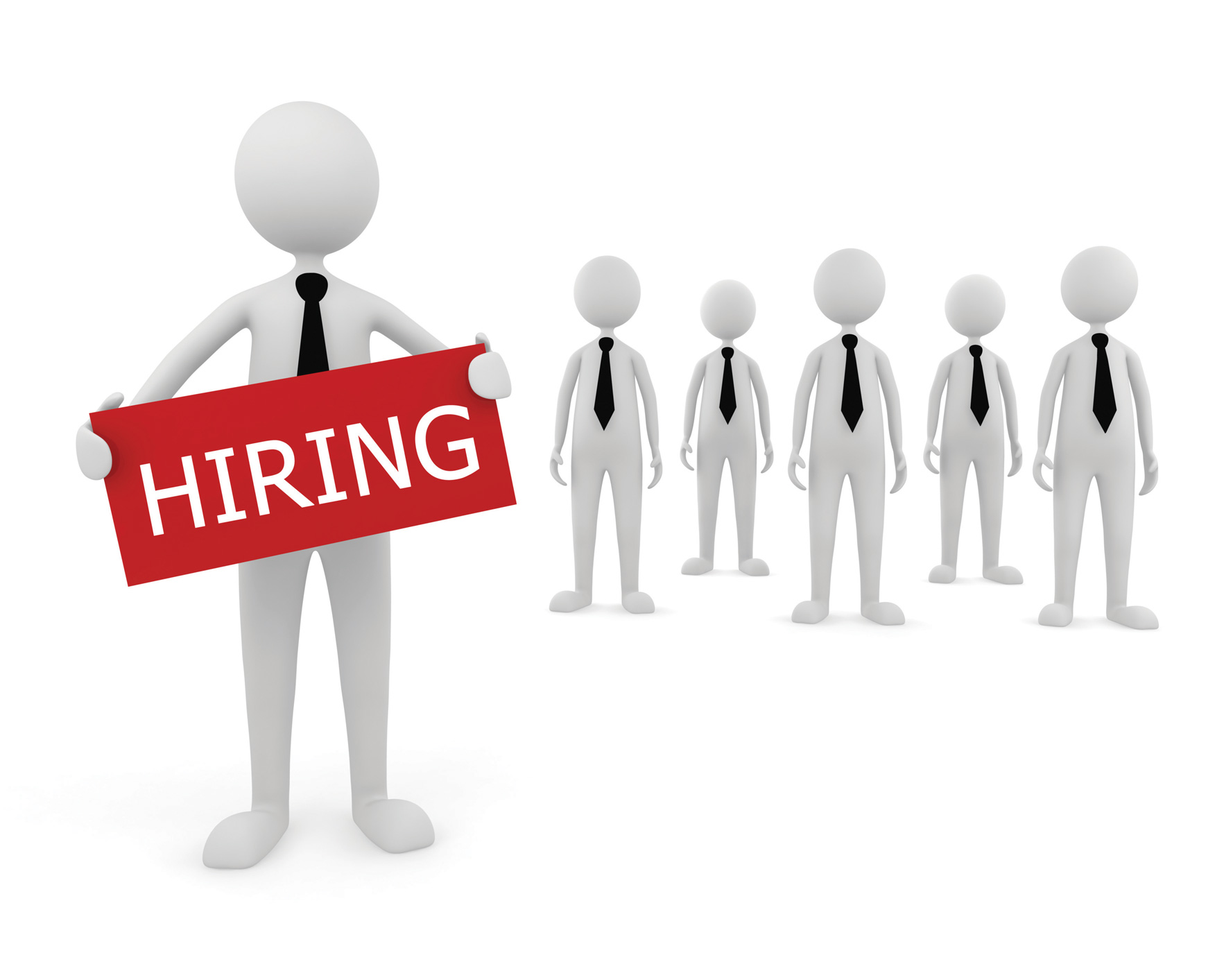Whether you are a 55-year-old Marketing Professional looking for a job for the first time in years, or a 21-year-old college senior searching for their first full-time job, you might suspect that some of the advice you are getting from others is not good. The truth is your realization of this suspicion is probably correct.
Even before the Covid-19 Pandemic, the job market landscape had changed considerably. Advice that was once relevant as recently as 7 years ago, no longer applies to the current job-search world.
Here are the 6 core job search tips one should be wary of:
- Take your time to get prepared.
While the Boy Scout motto “Be Prepared” may still be helpful, it could be conflict with something more important to your job search: urgency. While it may be comfortable for people to bide their time until a new job opportunity reveals itself, the days of relaxing while quietly waiting for your next gig to come along are long over. The reality is that your competition is probably not adopting such a laissez-faire approach, but rather attacking their job search with a great sense of urgency. Face the fact that you will rarely, if ever, win against such staunch aggressive competition.
So instead, you should enthusiastically dive into your job search with supreme energy and vigor. Here are some proven specific tips to do so:
- If you have not already done so, finish the first draft of your resume. Try and avoid creating the more traditional (boring) resume. Instead, by adopting a more non-conventional layout, your resume has a greater likelihood to stand out “from the pack.” In fact, some people achieve immediate and great success with a personalized video in addition to a written response that underlines important and valuable traits such as leadership. This personalized approach helps you distance yourself from the competition.
- Solicit immediate feedback on your resume from the people you consider knowledgeable in this regard.
- Define your ideal job/s and review the related job descriptions; this will confirm that this/these jobs are the right fit for you. As part of this confirmation, ensure that this/these jobs will provide Meaningfulness & Purpose, one of the most impactful drivers of Employee Engagement.
- Identify the firms that fit your ideal job/s and immediately send them your resume.
- Create a list of target companies at which you would like to work; search each of their web sites to see if they have open positions that fit you job preferences. If you indeed find links to open positions, copy the links and paste them to your target list of organizations.
2. The People that will be most helpful to your job search will proactively come to you and offer their help
This is simply one of the worst job search myths and advice one can get. Instead, the rule of thumb should be “Network, network, network.” Much like the aforementioned first step of your job search, dive into your networking with the identical energy and vigor.
- Send your resume and target organization list to everyone you know, informing them about your search and asking for their help.
- If you are not already a member, join LinkedIn, which is an amazingly powerful networking tool. Invite people to connect with you on LinkedIn, but only if you feel it would result in a mutually-beneficial relationship. Only invite those people that you know, and always include a personalized note in the LinkedIn invitation, which makes it more likely that they will accept the invitation.
- Review your LinkedIn connections and ask them to make introductions to certain of their connections. Avoid cold and routine introductions such as hello “Hello Mary, I’m a friend of John”, and instead utilize a far more effective means of introduction, as described below:
Pick 10 of your connection’s LinkedIn connections which make sense to your networking/job search and tell your contact that these are the people you would like to be introduced if they know them well enough. More than likely, your contact will let tell you how many of them they know well enough to make an introduction and let you know whom.
At this point, draft an email to your LinkedIn contact expressing an interest in an introduction to the contact, as well as including the link to the job position in which you have an interest (if you found it), as well as your resume as an attachment. That way your contact can forward your email and corresponding information to the person with you on copy with a message such as the following:
“Hi John, it has been a which since I have been in touch. I hope you are well. Please see below and the attached. As you can see, Mary has a keen interest in working at {Name of employer}. She is a true {job title} specialist, a great person, and I believe would be a great contributor to your organization. I would really appreciate if you could give her materials some special attention.”
This type of introduction is far better than the aforementioned “cold” one, primarily because it makes “Mary” (you) look eager, interested, and proactive.
3. If you don’t succeed in getting the interview, don’t worry about it or take it personally.
Simply put, this is terrible advice. While experiencing rejection can hurt, it is certainly far more important to learn from it. The point is that we should not take rejection too seriously, but only seriously enough to gain from it. For example, if you do not get the chance at an interview or do not get the job offer, ask for feedback. You might find out something is amiss with your resume or the way you are presenting yourself in the job interview. If you do not ask, you will never know.
4. Focus on the standard interview questions and suggested answers.
Boring, boring, boring. “Standard” or “normal’ will not get you the job. Instead, think carefully on how you can make yourself stand out. Some suggested related best practices include:
- Practicing and role-playing interview techniques with people that will give you honest and valuable advice.
- Searching for and finding the more unique and challenging interview questions such that you are not surprised when you field them during an interview. Here are several links to some of the more interesting and challenging job interview questions:
- What motivates you at work? How does our company relate to this?
- Describe a problem which has plagued you at work and how you overcame it?
- Do you or have you had a mentor/role model? Describe how they have affected on you.
- What is an accomplishment you are most proud of?
- How would you improve our company?
5. Answer the interview questions directly and don't get too personal with the interviewer
Following this advice will make you just another “plain vanilla” interviewee and lessen your likelihood of being invited back. Instead, during the interview look for unique characteristics or passions of the person interviewing you, such that you can make mention of them in your follow up/thank you letter (discussed further in #6 below).
6. Thank the interviewer and await the result.
Follow this advice and you most definitely lose the job to another candidate. Here are some proven best practices on how your post-interview follow-up can help you win the job:
- Draft and send your follow up/thank you letter to every person with whom you interviewed, preferably sending it within hours of the interview. As previously mentioned, remember that you are competing with many other people for the position, so it is imperative that you are the first to follow up.
- Include the aforementioned personal characteristics of the interviewer in your thank you letter; not only will this re-affirm that you were listening, but also show that you care about them personally.
- Lastly, Have Fun! Searching for a job, interviewing, and securing the job offer can be incredibly stressful. What better medicine for stress than laughter and fun!
Now, go make your own luck and get that new job!
Latest posts by Kevin Sheridan (see all)
- The Importance of Adaptability In Your Next Hire - October 19, 2022
- The 12 Toughest Interview Questions (And How To Best Answer Them) - August 3, 2022
- How To Attract & Keep Readers - July 17, 2022













